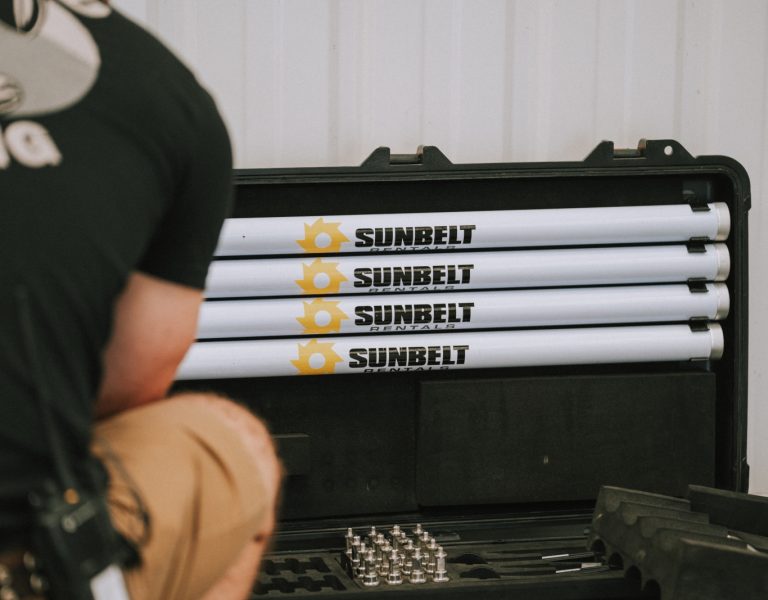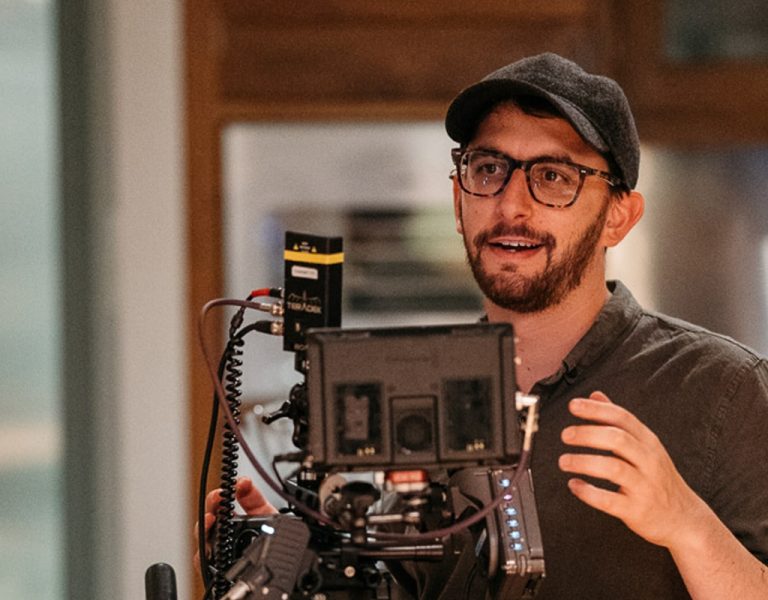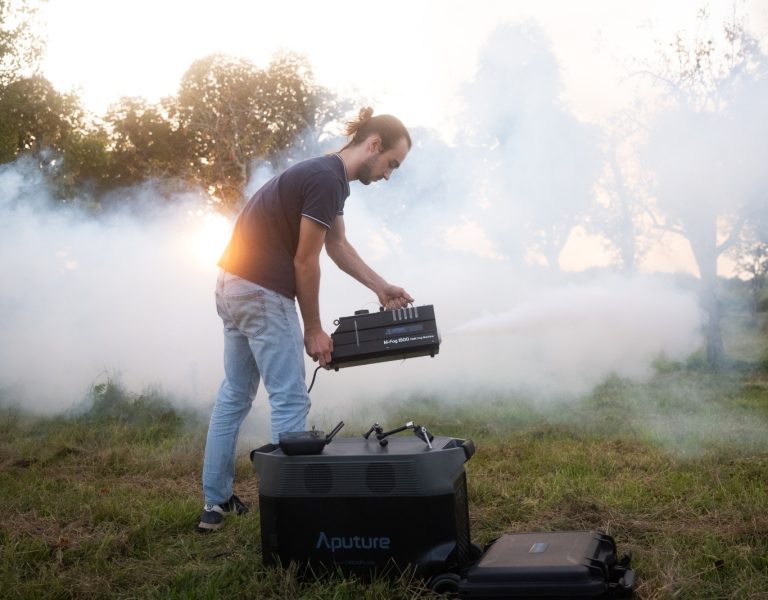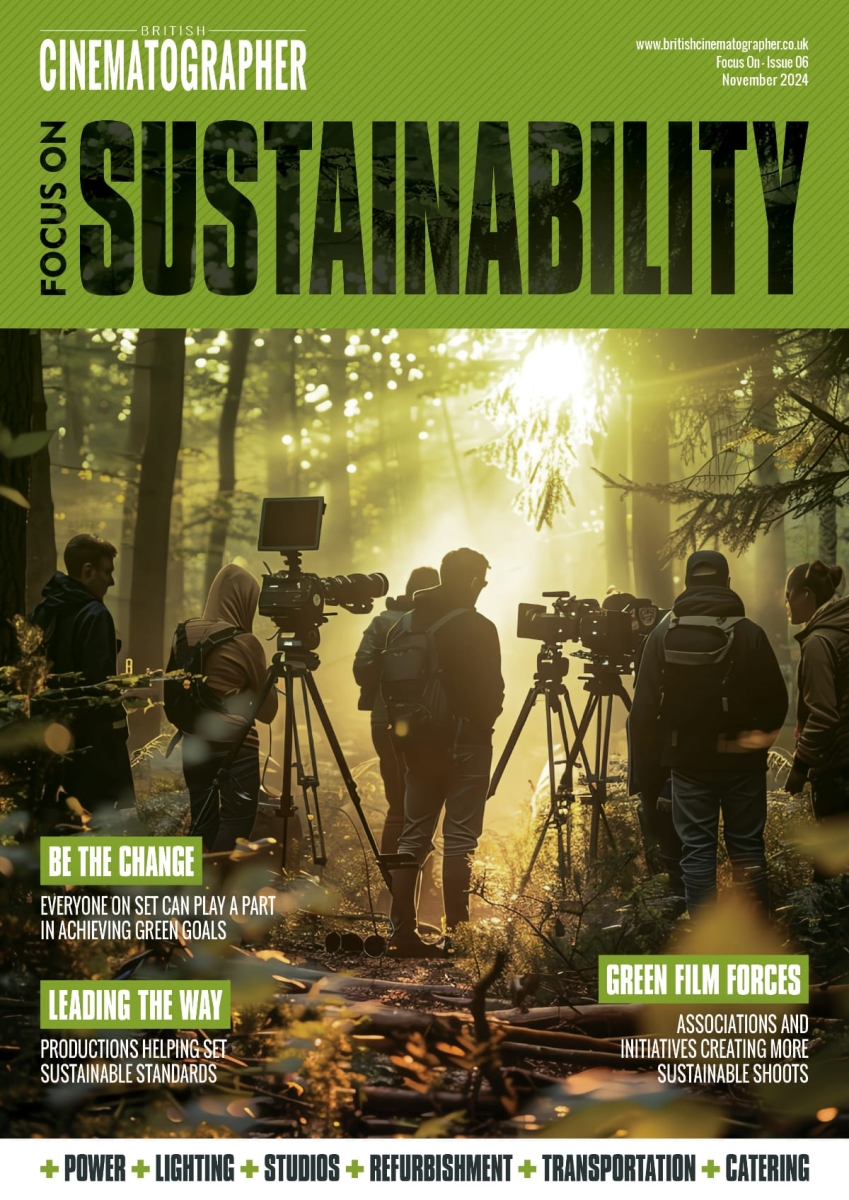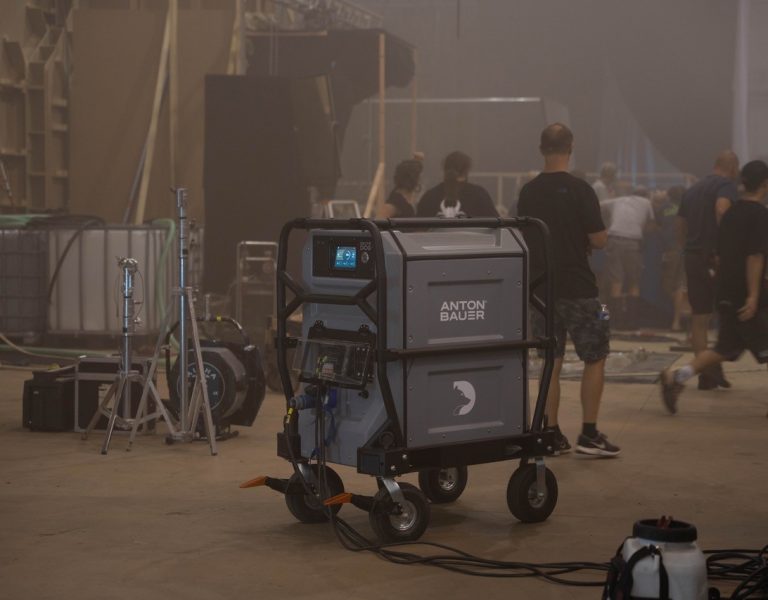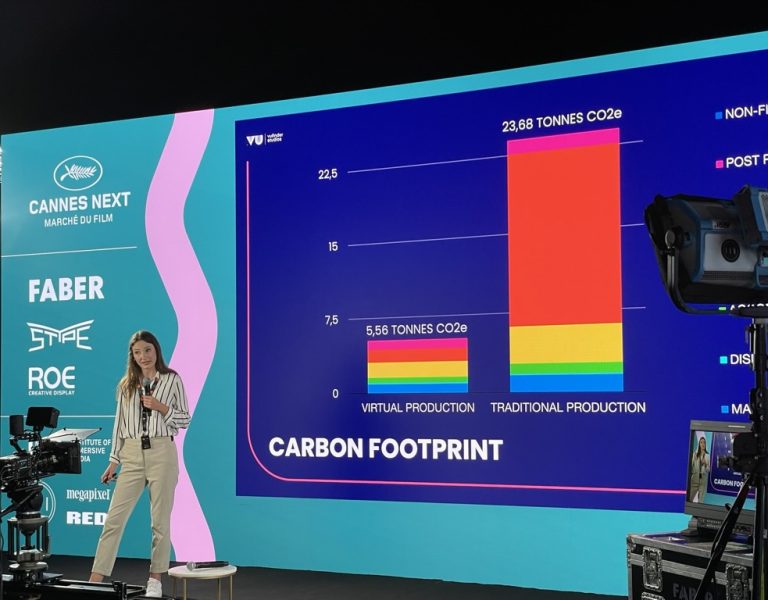POWERING THE JOURNEY TO NET ZERO
Laurence Johnson outlines how the climate crisis can be addressed and public health improved by the film and TV industry embracing clean, renewable power and through initiatives such as Film London’s Grid Project and Fuel Project.
The burning of fossil fuels has allowed economic development unparalleled in human history. Whilst this has offered huge social benefits, they are now the number one driver of climate breakdown, endangering the wellbeing of our natural world, including people. In addition, fossil fuels are a key contributor to air pollution, pollution which in London alone results in roughly 4,000 deaths per year. Whilst these impacts are of serious concern, this also creates opportunity for a double-win. By eliminating outdated, polluting energy sources, and embracing clean, renewable power, the film and TV industry can contribute not only to addressing the climate crisis, but also improving public (and our workers) health.
Within the industry, fossil fuel use is mostly dominated by two areas: transport and power. To address this, Film London is tackling these practices head on. One of our flagship initiatives, The Grid Project, aims to avoid diesel generators by building Europe’s first film and TV specific electricity distribution box in London’s Victoria Park. Diesel generators are banned on site, with all unit vehicles requiring power connecting to 100% renewable electricity. To support increased roll-out, we have now been sharing our learnings, and are inspired to see similar cabinets being rolled out across London and the UK.
Following this, in 2023 we launched the Fuel Project in partnership with sustainable business consultancy Creative Zero. This collaboration sought to not only further reduce fossil fuel use for mobile power, but also transportation. The project puts the transition at the heart of the conversation by supporting those vital industry suppliers who keep our productions moving and power our sets, from camera, lighting and grip companies, to facilities, locations and caterers. These companies are the bedrock of production, and ultimately the ones who own the vehicles and mobile power units (generators) at the centre of decarbonisation efforts. Support and collaboration is therefore key on this collective journey to net zero.
A shift in the industry
In our first report, the Fuel Project explored emissions reductions through the framework of Avoid – Improve – Shift. This process suggests how existing units or practices could be improved to reduce emissions, whilst examining and myth-busting key concerns around low-carbon technologies. In our new 2024 report – The Shift, we have for the first time assessed the total emissions from supplier owned vehicles and mobile power units (MPUs), and explored what decarbonisation could look like.
Our research found an estimated 3,200 vehicles and 1,800 MPUs owned and operated by London based suppliers, which collectively emit 164,000 tonnes of greenhouse gasses per year. Excitingly, we found that the industry could be fossil fuel free within just a couple of years, with a fleet dominated by batteries by the early 2030s. This would reduce emissions by 80-90% by 2030, a truly significant accomplishment. To achieve this, additional funding of £12.2 million per year is needed as the fleet transition. Whilst this figure is significant, this cost would be shared across the sector (not just suppliers), offering meaningful decarbonisation for the cost of a single indie film. This shift also requires culture change, with productions (and HoDs) asking for low-carbon technologies on every production, production managers having the budgets to pay for them, and broadcasters and streamers working closely with suppliers to support investment. In addition, suppliers should engage low-carbon transport specialists to work out what a decarbonisation road-map could look like for their specific fleet (Creative Zero can help with this).
We are so excited to see how soon our industry could decarbonise, but now the hard work begins to ensure clarity across industry around the direction of travel and that collaboration drives acceleration from ideas to action. The climate crisis is rapidly advancing, but for an industry built upon transforming the depth of human imagination into something real, this is just one more award-winning performance in the making.









